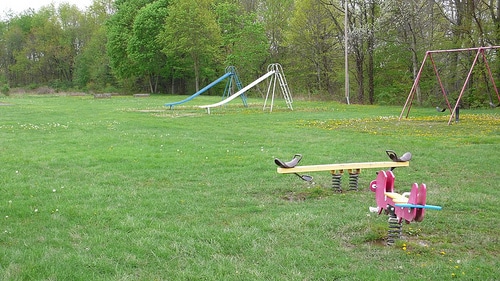Can You Protect Your Children From Alcohol Advertising On Social Media?
Almost every company in the country has a Facebook page. Whether its a country antique mall or a multinational corporation, they have a social media presence. Websites, Twitter accounts, YouTube videos… companies will do anything to reach out to their consumers. And the minute our children get online, we run the risk that they’ll be exposed to whatever those companies are choosing to promote.
Full disclosure: I work for an alcohol distributor. Most people don’t realize that Smirnoff, Yellowtail and Sam Adams don’t deliver all of their products themselves. There are too many retailers, whether its grocery stores, gas stations or restaurants. Instead, every type of booze you can find is sent out through distributorships. Wholesalers buy the product from the manufacturer and sell it in their designated retail space. Because of the liquor laws put into place after Prohibition and because of corporate structuring, only one wholership has the right to sell a given product in a given area. That means that if you want to carry Sierra Nevada beers at your bar in Des Moines, Iowa, there’s only one place you can buy it. In any given market, there’s normally one or two liquor and wine wholesalers and two beer distributors.
Now, all of these secondary companies means that there are literally hundreds of alcohol wholesalers throughout the country. And each one of them has an advertising budget. Each one of them wants to reach out to consumers in their area. And each one is trying to create a social media presence.
You’re welcome for the wonderful tidbit of information. I’m sure you’ll impress your friends at the next dinner party. What on earth does this have to do with parenting or children? Well, the Daily Mail says that alcohol companies are exploiting social media to reach underage consumers. They call for stricter regulations on the ways distilleries, wineries and breweries advertise online. Except they don’t just want to restrict advertising, they want to ban any use of an alcohol company’s logo or media on webpages like Facebook.
The problem is, you aren’t just trying to restrict Anheuser-Busch or Diageo-Guinness. You’re asking them to control every privately owned wholesaler who carries and advertises their product. You’re asking them to monitor every “Icing” Facebook group. (“Icing” is a frat game where guys force their friends to chug warm Smirnoff Ice. Honestly, I’m not sure where the game part is.) You want them to stop idiotic people from posting YouTube videos that show people drinking their product. By the way, I’m pretty sure a lot of YouTube videos are made solely because alcoholic beverages were involved.
Basically, they’re asking for the impossible, as a way to protect our children from the reach of alcohol advertising. I understand the goals of these advocates, I simply don’t think that they comprehend the difficulty of the means to get there. Millions of questionable ideas, products and beliefs are shared online everyday. We cannot always control the messages that our children pick up.
Instead, we need to be responsible for talking to our children about what they’re seeing. We need to have discussions about alcohol and its dangers. We need to pay attention to where they go and what they see online. We, as parents, need to be in charge of protecting and effectively communicating with our children.
Yes, companies that sell potentially dangerous products have some type of social responsibility. Anheuser-Busch has spent over $875 million in the past 30 years on “Responsibility Matters” advertising and community-programs. They currently have a “We ID” initiative for retailers, a “Family Talk” program to encourage teens and their parents to discuss drinking and an “Our Kids, Our Responsibility” drive to discourage parents from supplying their children with alcohol. And I assure you, every other alcohol company puts a tremendous amount of money into these types of programs too. I’m sure its mostly to be used in exactly these types of situations, but its still money that goes to good causes.
Basically, social media is an effective tool for companies, but yes, it can be dangerous for children. No one can control everything that gets shared on the internet. That’s part of the reason that we love it. But parents need to be vigilant about speaking with their children and paying attention. As a couple of us here at Mommyish have said before, we all have a responsibility to take care of children, but it has to start at home.
(Photo: Do Valle)




